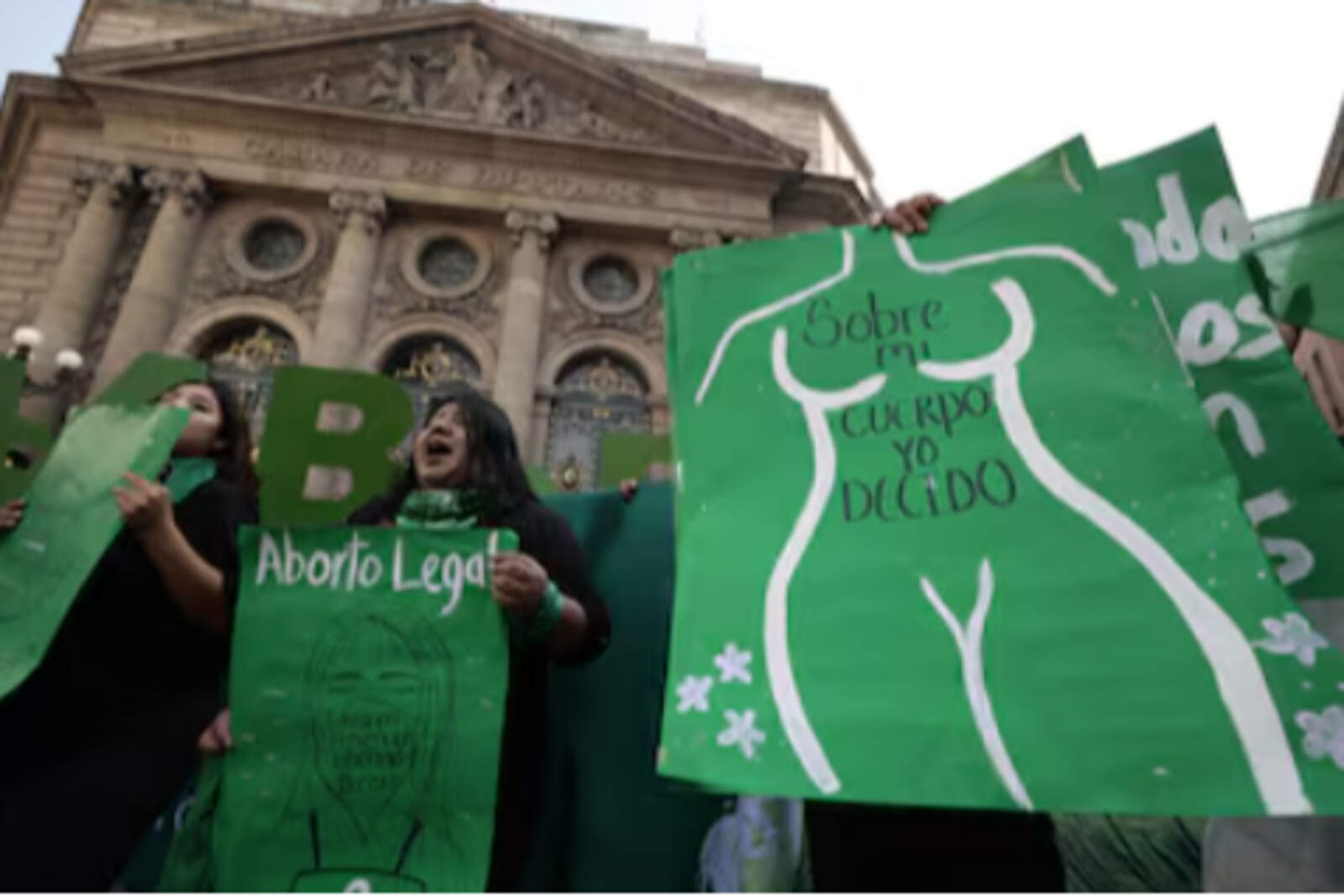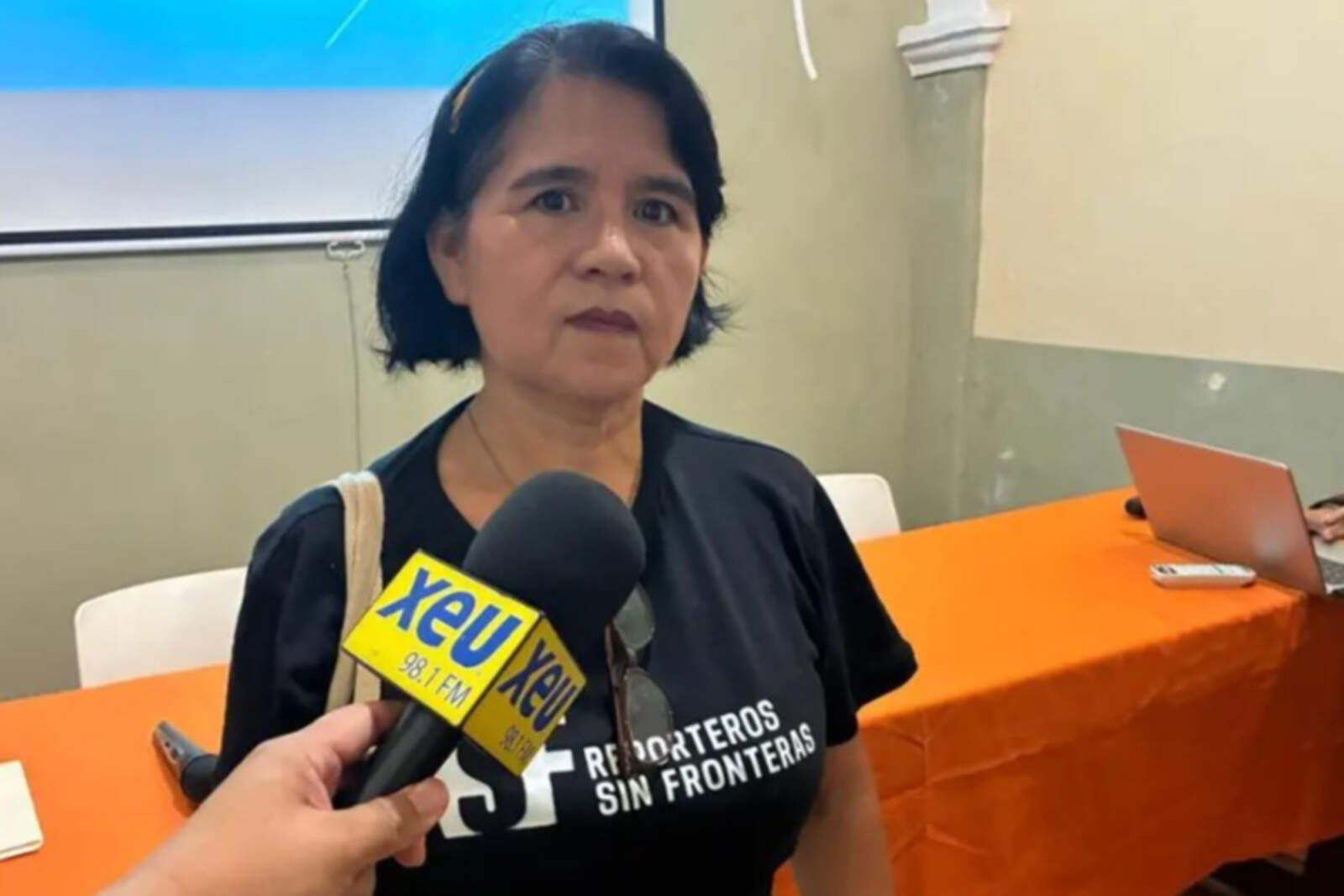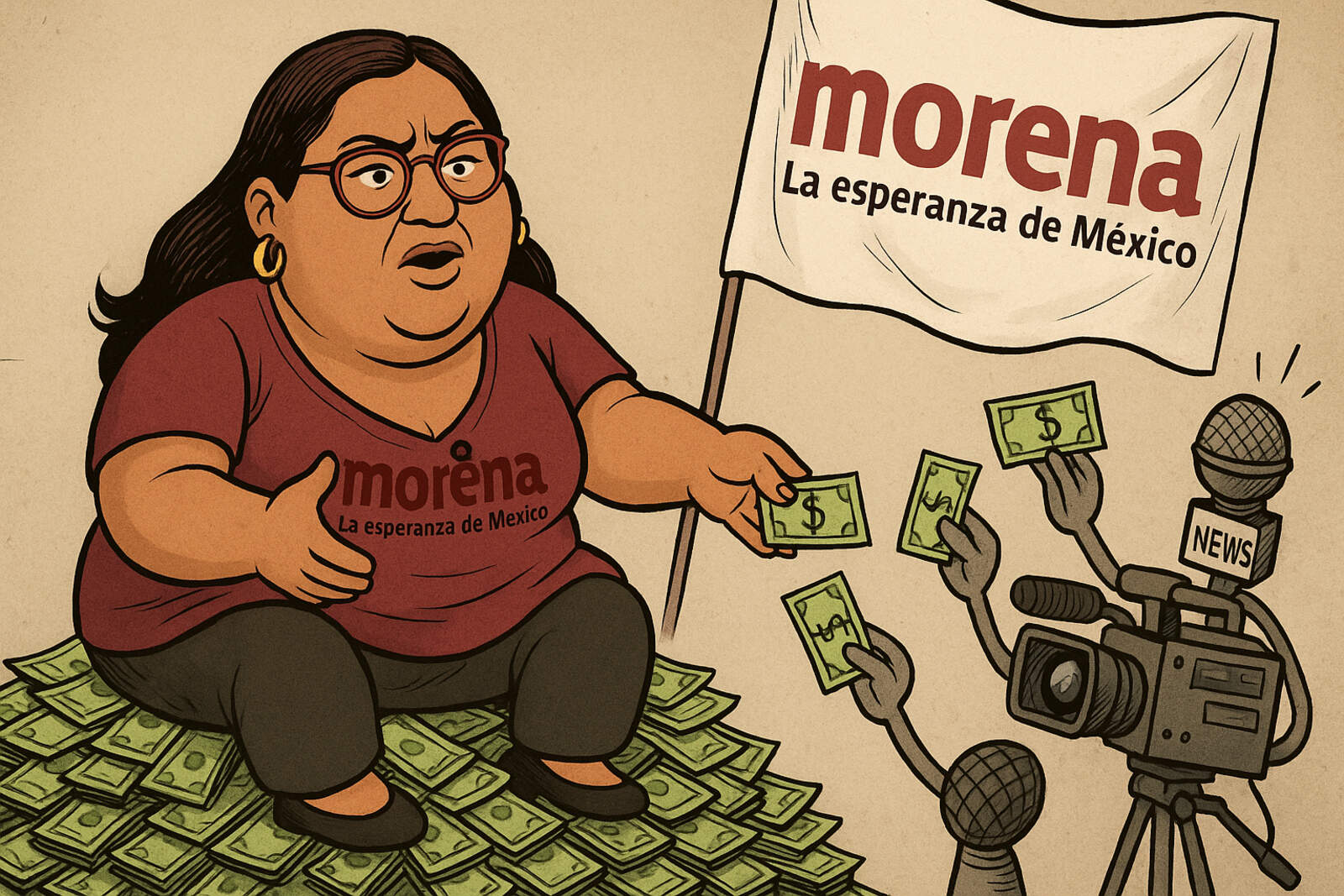The organization One Life, One Childhood, One Protection (UNNA), specialized in the defense of life and family, warned that, 18 years after the legalization of abortion in the country's capital, the policy promoted by progressive sectors has failed in its promise to improve maternal health.
Far from providing real solutions, legalization has served as an ideological tool that abandons the most vulnerable women, especially those facing poverty, marginalization, and violence. Instead of supporting them with comprehensive health and accompaniment policies, abortion is offered as the only way out.

Ideological manipulation and concealment of the truth
UNNA also denounced the systematic manipulation of data related to abortion. According to official figures, there are currently 80 people in prison for abortion in Mexico: 64 men and 16 women, which disproves the narrative of an alleged massive persecution of women.
Of these cases, 43 were for abortions performed without the pregnant woman's consent, and another 24 for being carried out after the legal 12 weeks. These data show that abortion still involves real legal and ethical risks, and that it is not a harmless medical practice free of consequences.

Health failure: no benefits for women
Despite progressive promises, the legalization of abortion has not reduced maternal mortality nor improved access to quality medical services. This is confirmed by research from epidemiologist Elard Koch of the Melisa Institute.










